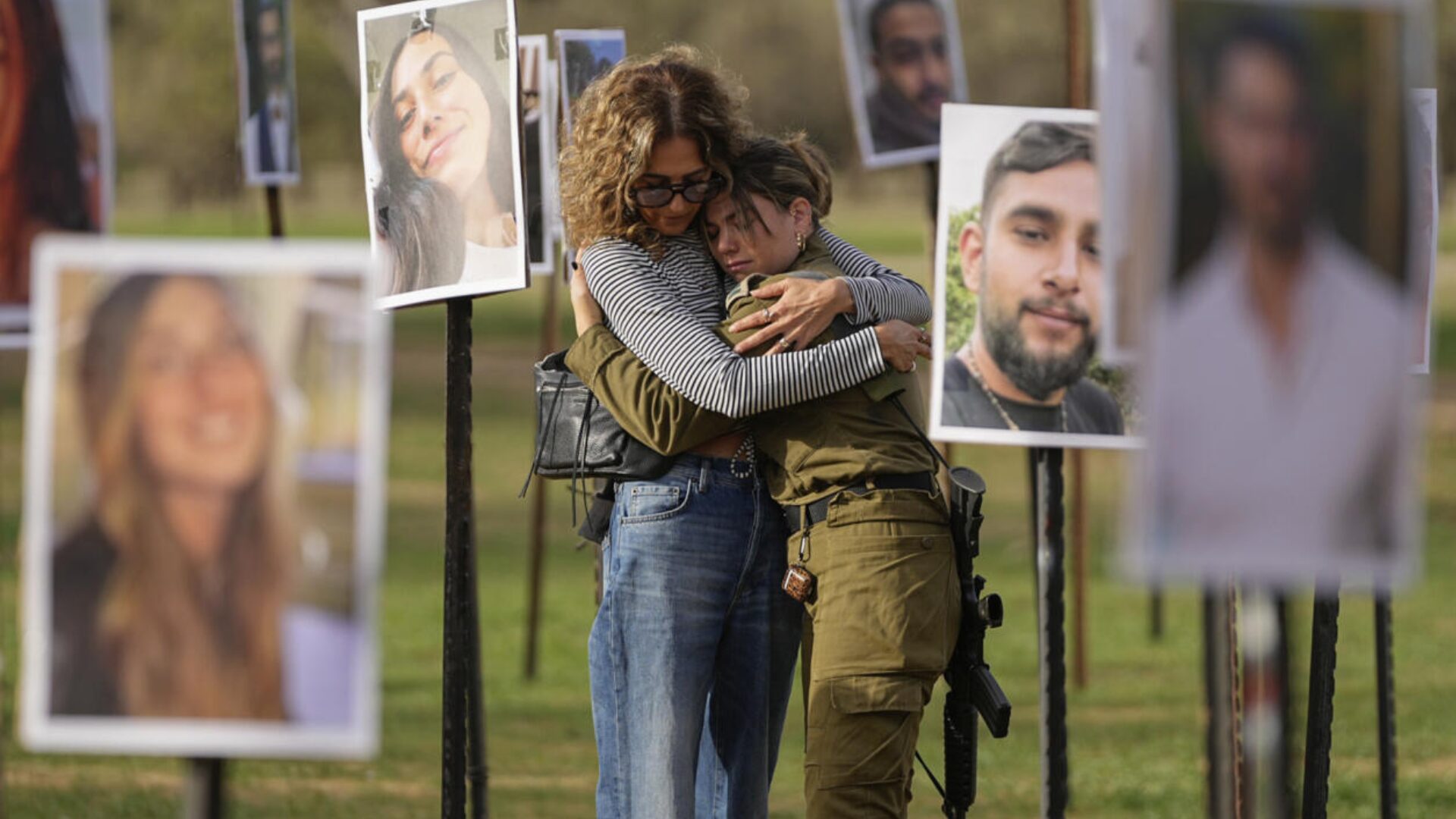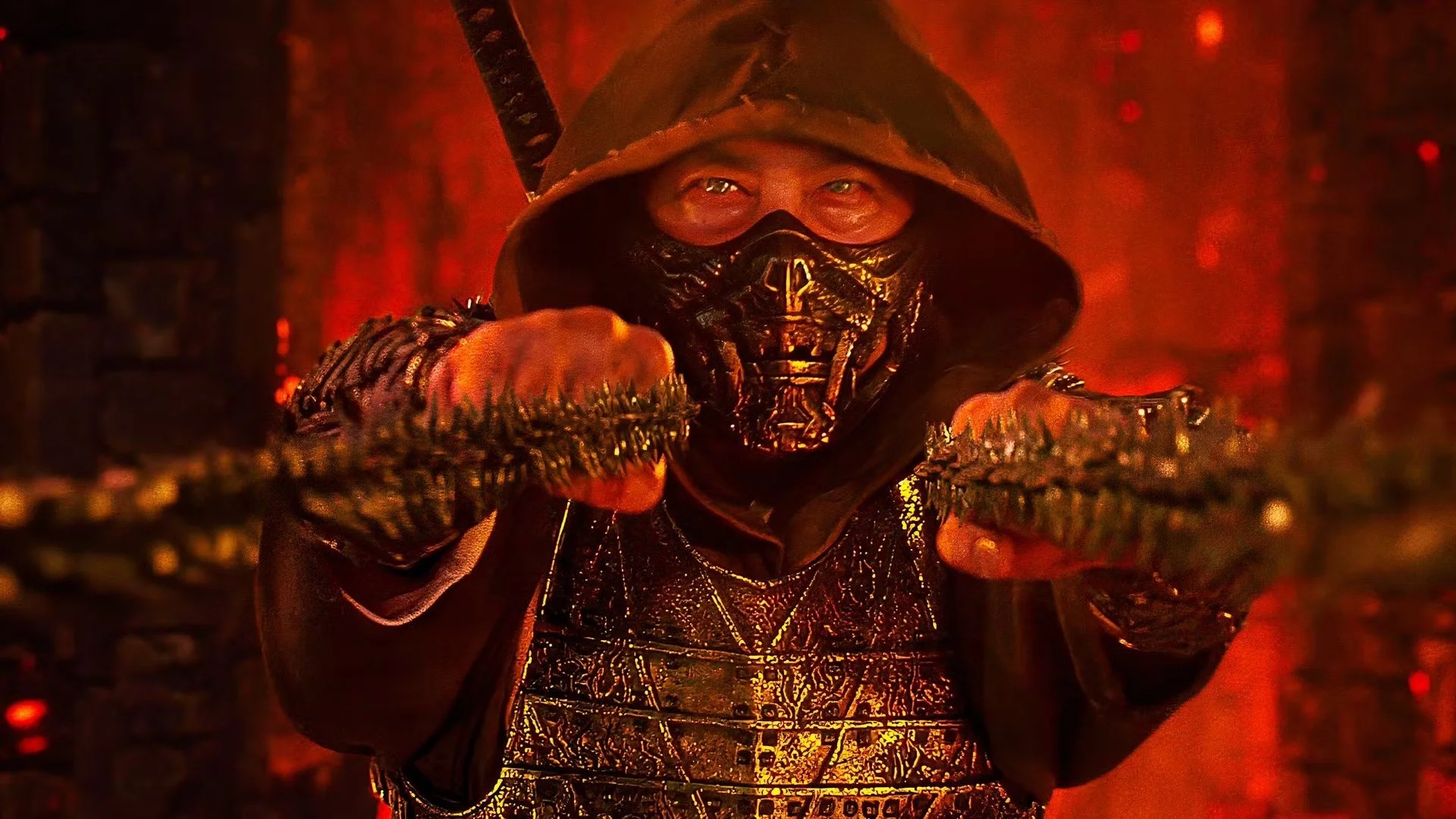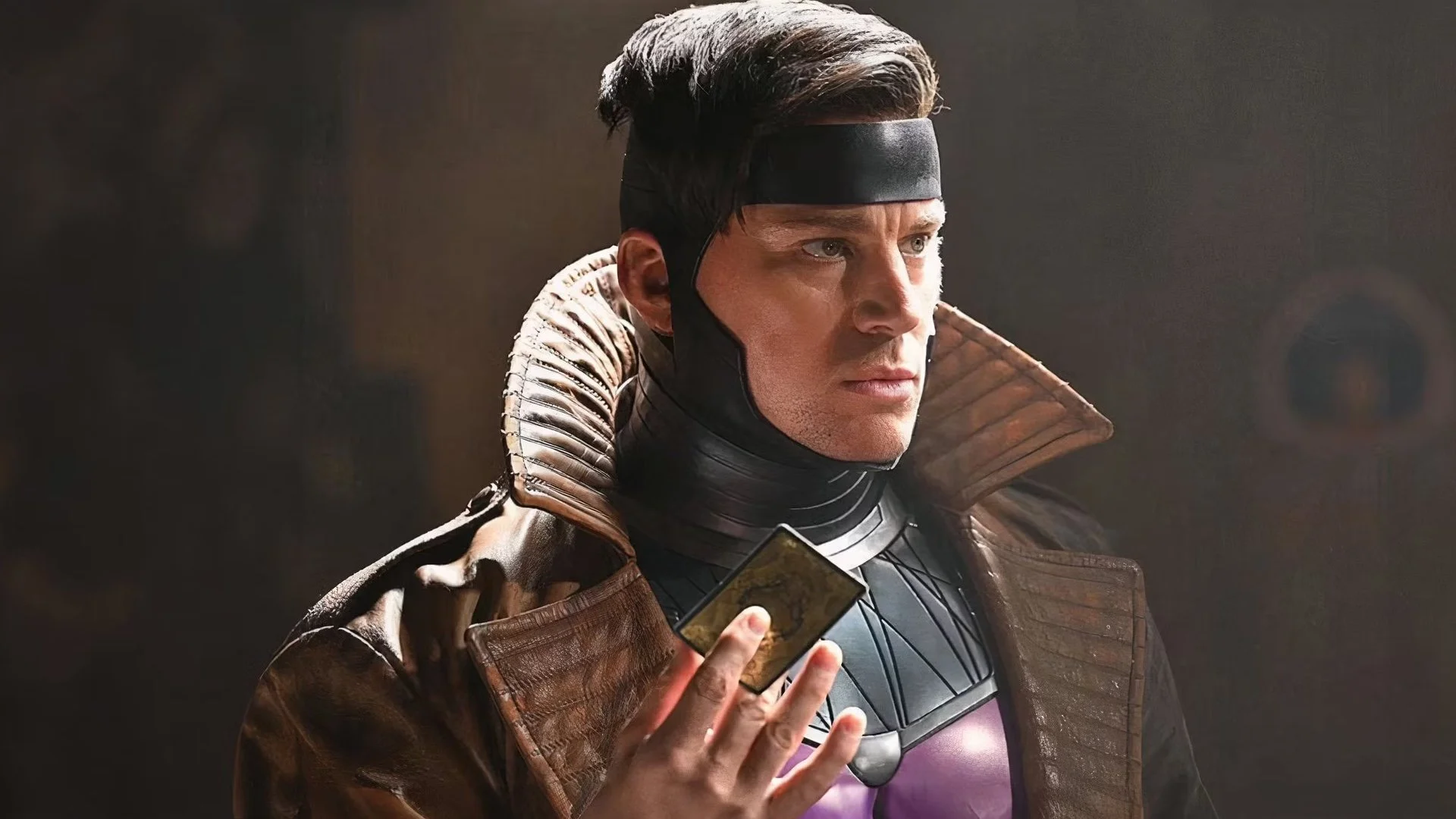Testimonies have emerged since October: first silently on the Shura military base where the bodies of the victims were identified and where it was impossible to ignore the mutilations linked to sexual violence, then on the video evidence posted by Hamas, in the stories of the rescuers who arrived first on site, in those of the traumatized witnesses, and in those, collected later, of the freed hostages.
In the south of the country, in Beersheba, an administrative center of 200,000 inhabitants located in the middle of the Negev desert and the heart of the region most affected by the attack, the trauma is palpable. It is here that the Southern Attorney General’s Office has launched a Herculean investigation that is moving slowly, perhaps considering a trial in a special court one day. This is also where the the MASLAN association, founded by Israeli feminists in 1988 to help battered and abused women. Amira Bsoul, clinical psychologist with training in psychology and gender studies in Canada and Israel, he has been working there for several months. Since October 7, MASLAN has treated dozens of victims or witnesses of rape or sexual assault that occurred during the Hamas attack, as well as their loved ones.
For to miss, Amira Bsoul returns to the difficulty of investigations of this type and to the collective trauma for women.
How does your organization help women victims of the October 7 attack?
Amira Bsoul. We have currently received approximately 75 calls from victims. These include different categories, those who have suffered rape – but they are few because the majority were killed – victims of sexual violence, witnesses of rape who were also traumatized and victims of violence who had nothing to do with the attack of Hamas but for whom this event awakens painful memories.
We have set up an emergency telephone line. We help them through different therapies. For example, we have a technique that mixes speech and yoga. Trauma tenses the body, as if we are trying to hide or protect ourselves. Yoga can relieve these body tensions. Talking at the same time helps unlock connections. We also do art therapy, which allows victims of sexual violence who cannot put into words what they have experienced to express themselves differently. Trauma can cause pain without us understanding why. Since October 7, for example, many people suffer from migraines. It could be stomach pain, back pain. This is why we strongly believe in treatments that combine word and body.
What are the specifics of the trauma in this case?
Amira Bsoul. Victims of rape or sexual assault usually feel shame and guilt. They shouldn’t, but that’s the case in the vast majority of cases. The special thing here is this the victims we treat feel ashamed, but no sense of guilt. They were partying at a music festival or sleeping at home, they know they didn’t do anything wrong. This is the first time I’ve seen it.
We don’t have much research on these traumas, the DSM, the doctors’ Bible, can’t teach us much when there is violence of this magnitude against women. We try to learn from victims as we go, and while the situation is different, we also try to draw inspiration from research conducted in Ukraine, where rapes as war crimes against civilians have occurred in cities like Boutcha.
Much has been said about the lack of testimony from the victims. A few months ago, the Israeli police asked victims and witnesses to come forward to further the investigation. But is it realistic?
Amira Bsoul. In all cases of sexual violence, it is very difficult for women to go to the police. In Israel, as in most countries, we generally blame the victim. In the case of October 7th it must be kept in mind that the vast majority of rape victims were killed. They can no longer testify. Others are still held hostage. For the few survivors of rape or sexual violence, and for witnesses, it is almost absurd to turn to the police: to say what? They don’t know who raped or assaulted them. Be sure that these inquiries are important, and perhaps every day there is a process that includes sexual crimes, especially for the instant, it is now very difficult for traumatized victims to contact us for requesting the Help.
Internationally, recognition of the October 7 sex crimes has been slow. Is this recognition important for the victims you treat?
Amira Bsoul. For the moment this is not what worries them, however in Israel it was very painful for us women to see this lack of support. As feminists, we blame men for not believing women, so to see that feminist associations in Europe and the United States didn’t believe us right away is beyond comprehension. The least is to believe the victims, whoever they are.
After an event of this magnitude are we talking about collective trauma for the entire population, even for those who suffered nothing, saw nothing?
Amira Bsoul. Yes, trauma is something that happens to an individual or group and can be physical or psychological. Subsequently we enter the post-trauma, which is generally expressed with anxious feelings, anxiety attacks, sleep problems, pain, intimacy problems… But here the traumatic event is not over.
We continue to find out what happened, we see photos and videos, people are still held hostage and there is a horrible war going on in Gaza. Six months later, we are still in continuous trauma, which affects everyone, regardless of their nationality, their religion, their politics. Everyone in Israel and Palestine suffers from it. We have not yet begun to see the effects of post-trauma. Until the bombing of Gaza continues and the hostages return home, we cannot begin the healing process.
You were talking about women who have suffered violence in the past and for whom October 7th reawakened the trauma. Is this a common phenomenon?
Amira Bsoul. Extremely common. Since October 7th we have received at least two or three calls a day about this. There are women who didn’t remember their attacks and who do now. Just yesterday I saw a woman who made the connection between the physical pain she’s been feeling since October and what happened to her in the past. She had no memories or flashbacks and now everything is back. It is often linked to attacks in childhood or abusive relationships in adulthood. We can talk about a national crisis.
Can an event like this, which causes a resurgence of conflicts, bombings of civilians in Gaza, trauma, make society more violent?
Amira Bsoul. YES. We are already seeing an increase in violence, particularly domestic violence. This is comparable to what happened during the pandemic, when people were locked down and redirected their violent emotions against their partners. Four feminicides have occurred in Israel in recent days. The situation will certainly worsen due to the government’s initiative to distribute weapons free of charge to all civilians in possession of a permit. It seems obvious that one day, sooner or later, these weapons will be used against women.
You are part of the 20% of Arab citizens of Israel. How have you been experiencing this situation since October 7th?
Amira Bsoul. This is an extremely complex position. I am Arab, I come from Nazareth, I have Israeli citizenship and I work with Jews, I live in a Jewish city. I feel like I’m in the position of having to explain what happened, but I have no answers. I feel the need to say over and over: no, it wasn’t “the Arabs” who did this. We condemn this attack by Hamas, what happened is atrocious. I repeat this every day, and then I try to compose myself and tell myself that I don’t need to apologize, I am not responsible for the actions of a terrorist group. I have experienced several wars here in my life, but nothing comparable to what the Arab community feels today.
Do you like our articles? You’ll love our newsletters! Sign up for free on this page.
Source: Madmoizelle
Mary Crossley is an author at “The Fashion Vibes”. She is a seasoned journalist who is dedicated to delivering the latest news to her readers. With a keen sense of what’s important, Mary covers a wide range of topics, from politics to lifestyle and everything in between.





